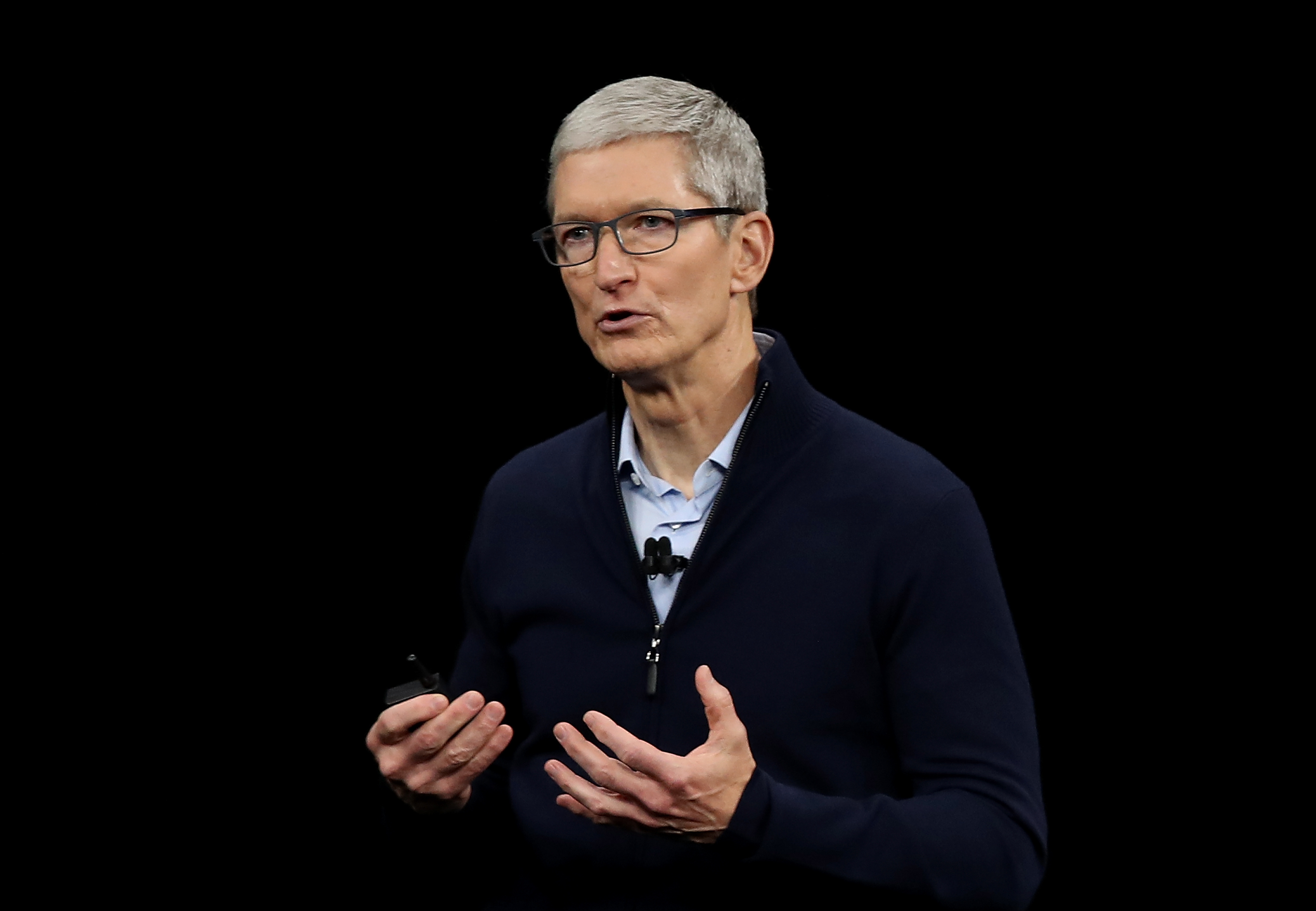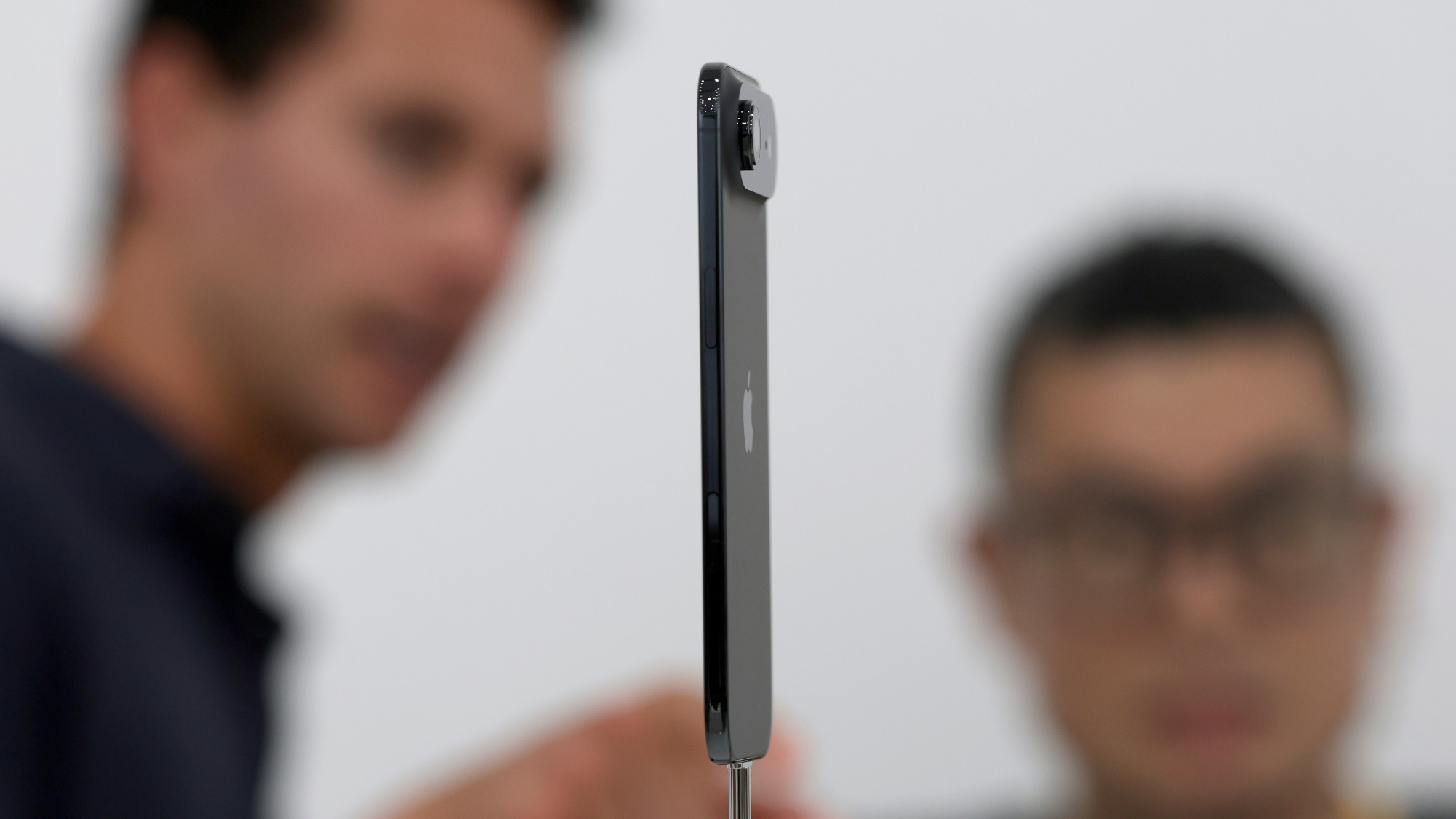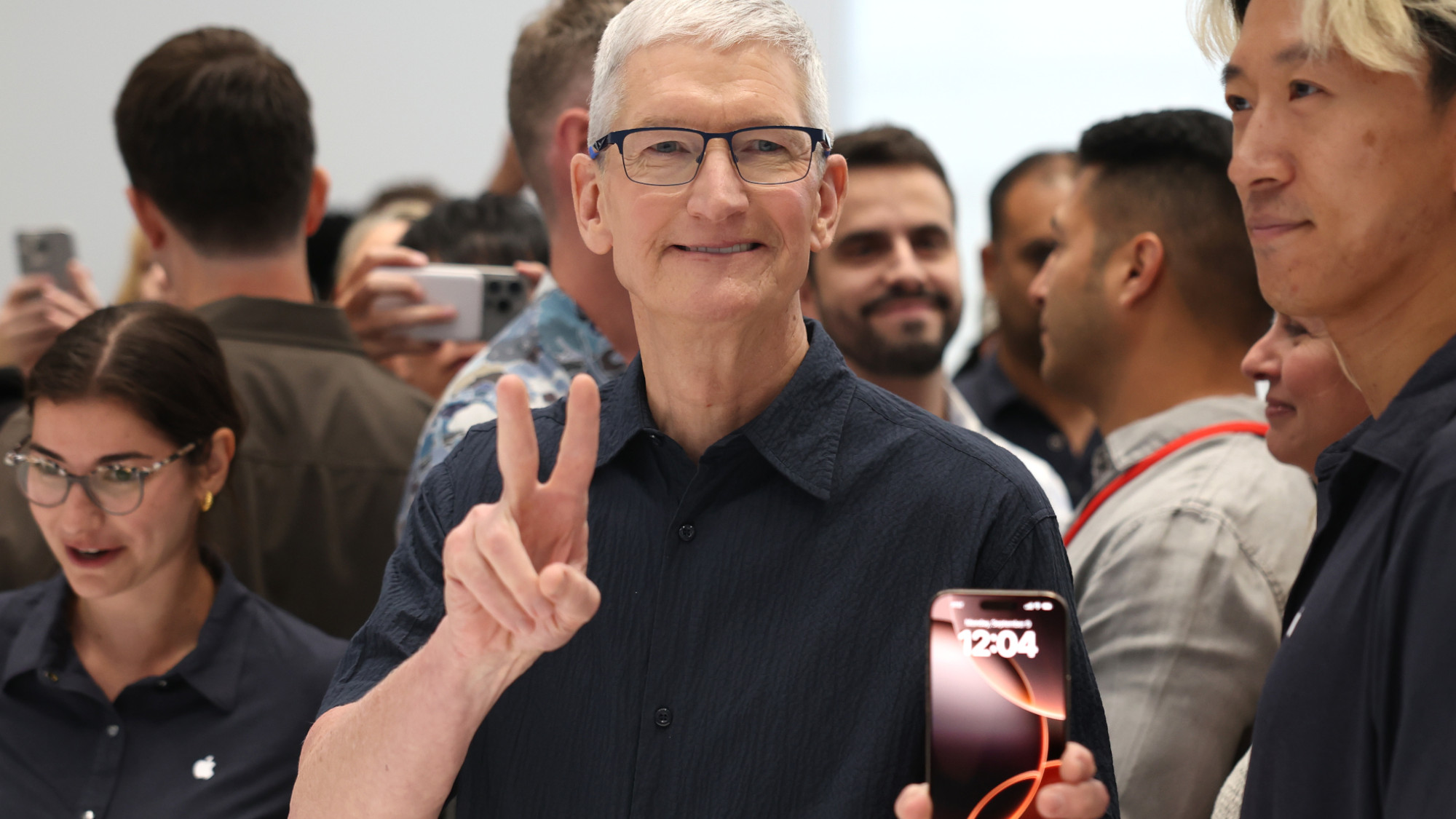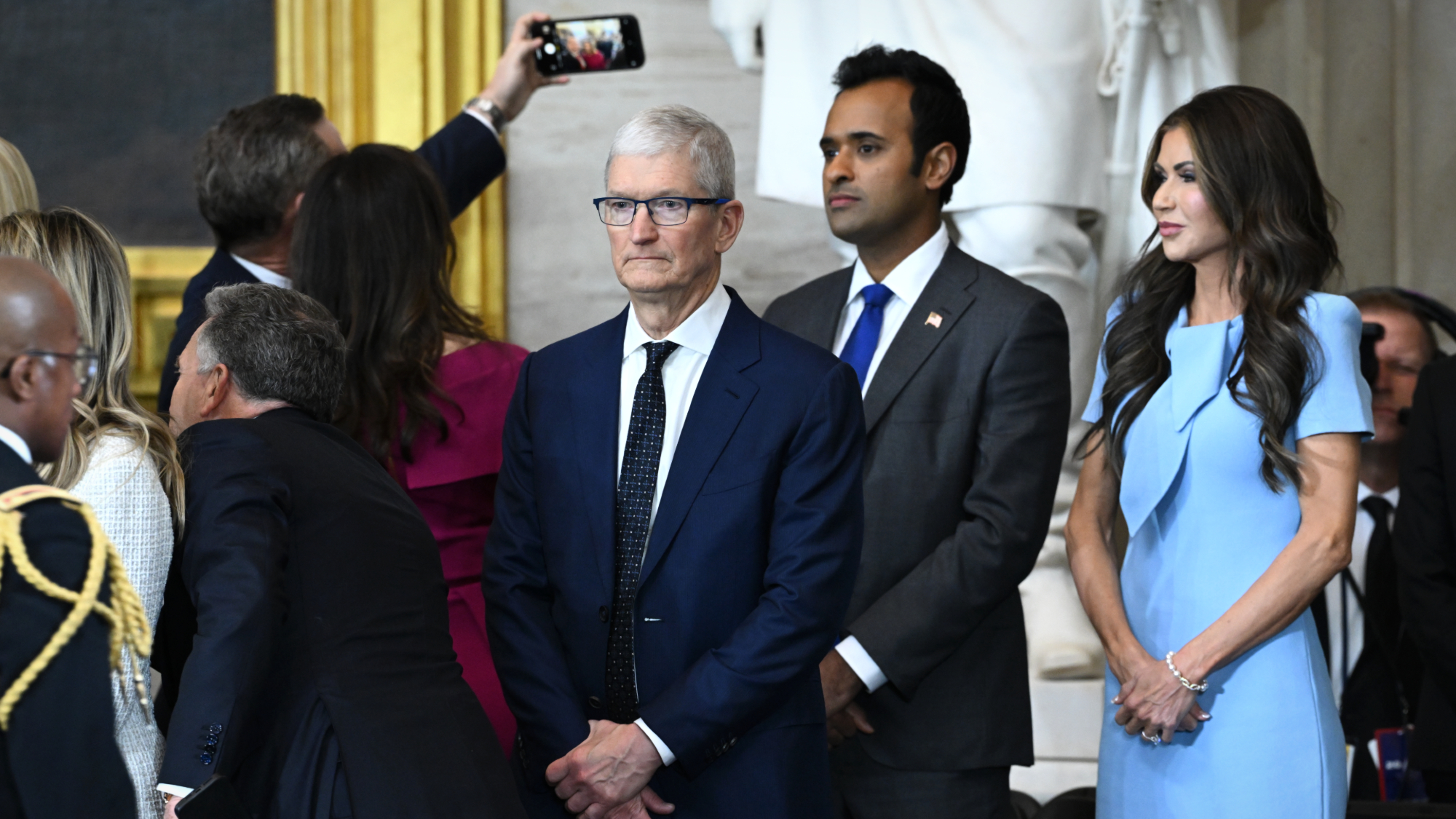Apple to cut iPhone XS and XR production by 10%
Company chief Tim Cook blames poor sales on trade war between US and China

A free daily email with the biggest news stories of the day – and the best features from TheWeek.com
You are now subscribed
Your newsletter sign-up was successful
Apple is scaling back production of its latest iPhones amid falling sales in China, according to reports.
Insiders at the Cupertino-based tech giant told Japanese news site Nikkei that Apple is cutting manufacturing targets for its latest budget XR and flagship XS models by 10% during the first quarter of 2019, which closes at the end of March.
The reported move marks the second time in two months that Apple has trimmed its planned production for its smartphones, with overall targets for both new and old models now reduced to between 40 million and 43 million handsets in the first three months of this year, says US-based news network CNBC. The initial target was between 47 million and 48 million.
The Week
Escape your echo chamber. Get the facts behind the news, plus analysis from multiple perspectives.

Sign up for The Week's Free Newsletters
From our morning news briefing to a weekly Good News Newsletter, get the best of The Week delivered directly to your inbox.
From our morning news briefing to a weekly Good News Newsletter, get the best of The Week delivered directly to your inbox.
The latest cuts come after Apple saw $55bn (44bn) slashed from its stock market value last week, following a warning about slowing sales in the Chinese market.
Apple chief executive Tim Cook told investors that the company “did not foresee the magnitude of the economic deceleration, particularly in Greater China”.
The region, which includes Hong Kong and Taiwan, accounts for almost 20% of the iPhone maker’s revenues, according to the BBC.
Cook said the ongoing trade war between the US and China was fuelling weakness in the Chinese economy, leaving consumers with less cash to spend on gadgets.
A free daily email with the biggest news stories of the day – and the best features from TheWeek.com
However, critics argue that the rise of Chinese device makers may be a key reason for the decline in iPhone sales, says Digital Trends.
Apple is now the third-largest smartphone maker in the world, behind Chinese tech giant Huawei and Korea’s Samsung.
-
 The Week Unwrapped: Do the Freemasons have too much sway in the police force?
The Week Unwrapped: Do the Freemasons have too much sway in the police force?Podcast Plus, what does the growing popularity of prediction markets mean for the future? And why are UK film and TV workers struggling?
-
 Properties of the week: pretty thatched cottages
Properties of the week: pretty thatched cottagesThe Week Recommends Featuring homes in West Sussex, Dorset and Suffolk
-
 The week’s best photos
The week’s best photosIn Pictures An explosive meal, a carnival of joy, and more
-
 Will AI kill the smartphone?
Will AI kill the smartphone?In The Spotlight OpenAI and Meta want to unseat the ‘Lennon and McCartney’ of the gadget era
-
 Is Apple’s Tim Cook about to retire?
Is Apple’s Tim Cook about to retire?Today's Big Question A departure could come early next year
-
 iPhone Air: Thinness comes at a high price
iPhone Air: Thinness comes at a high priceFeature Apple’s new iPhone is its thinnest yet but is it worth the higher price and weaker battery life?
-
 Is Apple breaking up with Google?
Is Apple breaking up with Google?Today's Big Question Google is the default search engine in the Safari browser. The emergence of artificial intelligence could change that.
-
 Why won't Apple make iPhones in America?
Why won't Apple make iPhones in America?Today's Big Question Trump offers a reprieve on tariffs, for now
-
 Not there yet: The frustrations of the pocket AI
Not there yet: The frustrations of the pocket AIFeature Apple rushes to roll out its ‘Apple Intelligence’ features but fails to deliver on promises
-
 Space-age living: The race for robot servants
Space-age living: The race for robot servantsFeature Meta and Apple compete to bring humanoid robots to market
-
 Apple pledges $500B in US spending over 4 years
Apple pledges $500B in US spending over 4 yearsSpeed Read This is a win for Trump, who has pushed to move manufacturing back to the US